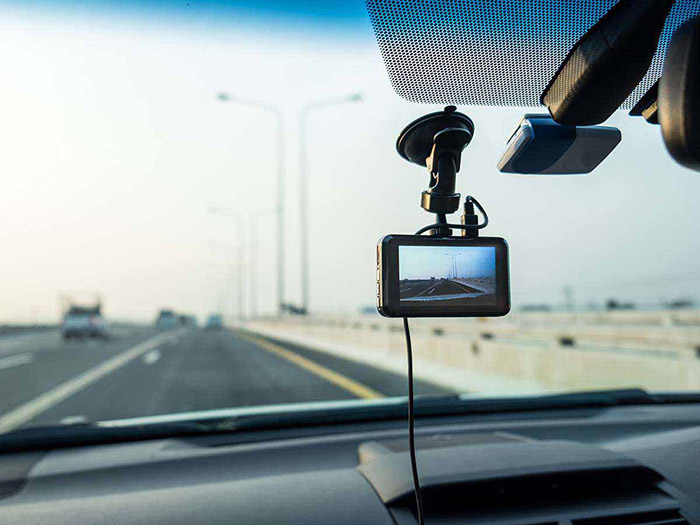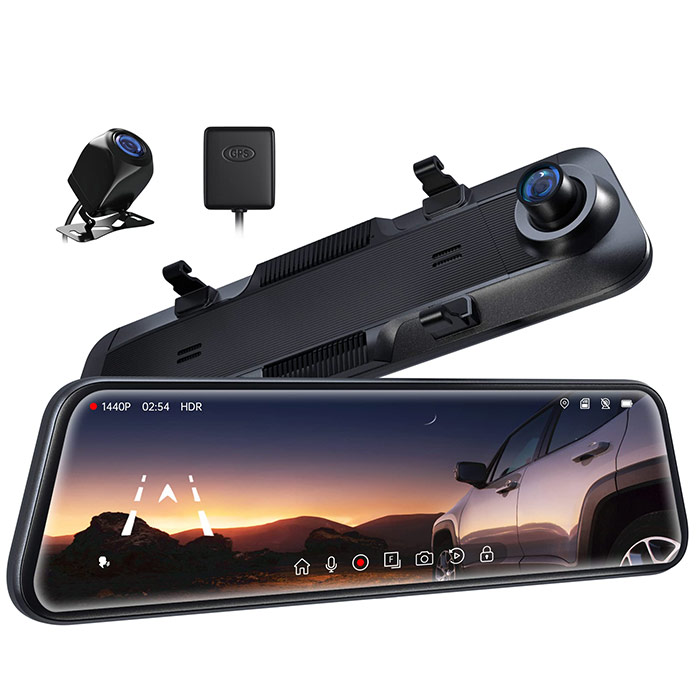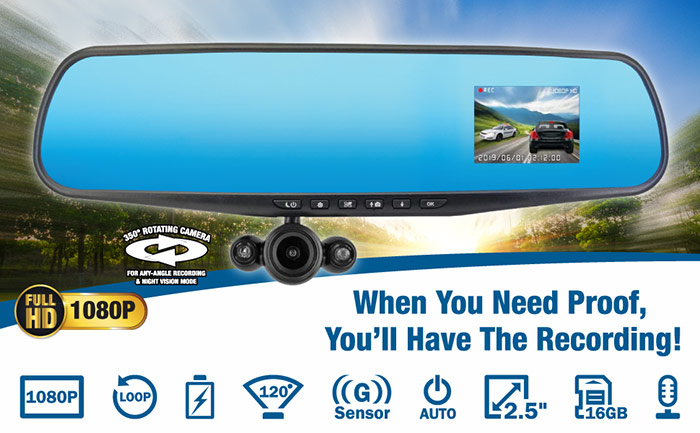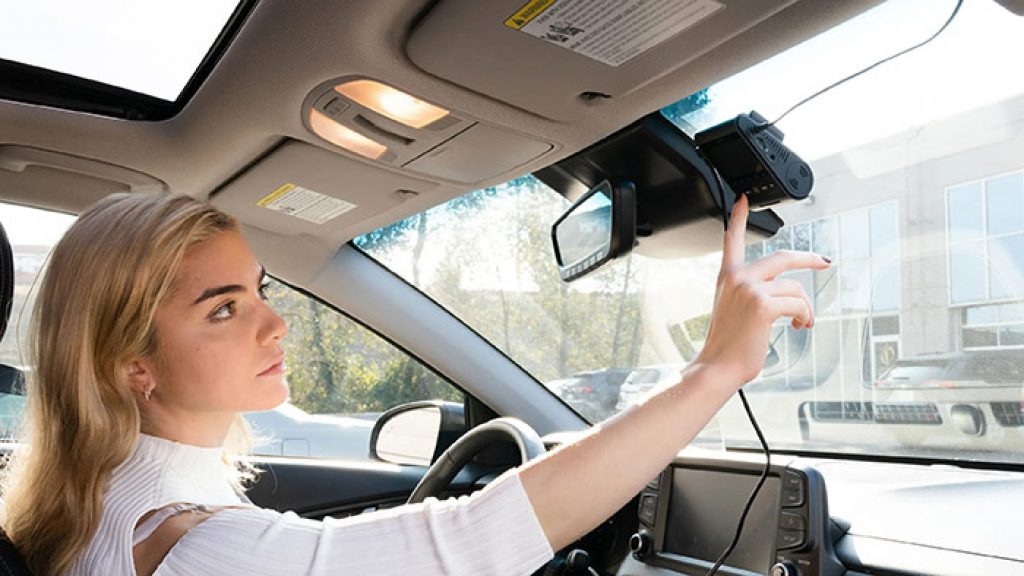If you’re in the market for a camera to help monitor your driving, you may be wondering which is the better option: a dash cam or a mirror cam. Both of these types of cameras have their pros and cons, and the decision ultimately comes down to your personal preferences and driving needs. In this article, we’ll break down the differences between dash cams and mirror cams, and help you decide which one is right for you.
1. Introduction
With the rise of ride-share services and increased awareness of road safety, cameras that record footage of your driving have become more popular. Dash cams and mirror cams are two of the most popular options on the market. While both cameras serve the same basic purpose of recording footage while you drive, they have some distinct differences.

2. What is a Dash Cam?
A dash cam is a camera that is mounted to the dashboard of your car. It records footage of the road ahead of you, and sometimes the interior of your car as well. Dash cams typically have a wide field of view, and can capture footage in high definition. Some dash cams also come with additional features, such as collision detection and parking mode.

3. What is a Mirror Cam?
A mirror cam is a camera that is mounted over your car’s rearview mirror. It records footage of both the road ahead of you and the interior of your car. Mirror cams often have a narrower field of view than dash cams, but they can still capture footage in high definition. Some mirror cams also come with additional features, such as night vision and backup camera functionality.

4. Recording Quality
When it comes to recording quality, both dash cams and mirror cams can capture high-quality footage. However, dash cams tend to have a wider field of view, which can be beneficial if you want to capture more of what’s happening on the road. Mirror cams, on the other hand, often have a narrower field of view but may offer better quality footage of what’s happening inside your car.

5. Field of View
As mentioned above, dash cams typically have a wider field of view than mirror cams. This means that dash cams can capture more of what’s happening on the road in front of you, while mirror cams may provide a more limited view. However, some mirror cams have a dual-lens setup that can provide a wider field of view.
6. Mounting Options
Dash cams are typically mounted to the dashboard of your car, while mirror cams are mounted over your rearview mirror. Some dash cams can also be mounted to your windshield, but this can obstruct your view of the road. Mirror cams, on the other hand, don’t take up any additional space on your dashboard and can be more discreet.

7. Ease of Use
Both dash cams and mirror cams are relatively easy to use, but some models may be more user-friendly than others. Dash cams are typically more straightforward to use, as they only record footage of the road ahead of you. Mirror cams may be more complicated, as they often record footage of both the road and the interior of your car.
>> Shop Now: Car dash cam
8. Price
The price of dash cams and mirror cams can vary greatly depending on the features and quality of the camera. Generally speaking, dash cams tend to be less expensive than mirror cams. However, if you want a mirror cam with a dual-lens setup or other advanced features, it may be more expensive than a basic dash cam.
9. Verdict: Which One is Right for You?
Ultimately, the decision between a dash cam and a mirror cam comes down to your personal preferences and driving needs. If you want a wider field of view and only need footage of the road, a dash cam may be the better option for you. If you want to capture footage of both the road and the interior of your car, a mirror cam may be a better choice. Additionally, if you don’t want to take up any additional space on your dashboard, a mirror cam may be a more discreet option.

10. Conclusion
In conclusion, both dash cams and mirror cams are great options for drivers who want to monitor their driving and protect themselves in case of an accident. When deciding between the two, consider factors such as recording quality, field of view, mounting options, ease of use, and price. Ultimately, the decision comes down to your personal preferences and driving needs.
11. FAQ
[wpsm_accordion][wpsm_accordion_section title=”Can dash cams or mirror cams be used as evidence in court?”]Yes, both dash cams and mirror cams can be used as evidence in court.[/wpsm_accordion_section][wpsm_accordion_section title=”Do I need any special tools to install a dash cam or mirror cam?”]Installation requirements vary depending on the camera and your car’s make and model. Most cameras come with the necessary tools and instructions for installation.[/wpsm_accordion_section][wpsm_accordion_section title=”Can I use a dash cam or mirror cam to record my passengers?”]Recording passengers may be illegal in some states or countries. Check your local laws before using a camera to record passengers.[/wpsm_accordion_section][wpsm_accordion_section title=”Do dash cams or mirror cams require an internet connection?”]No, most dash cams and mirror cams do not require an internet connection. However, some cameras may have additional features that require internet access.[/wpsm_accordion_section][wpsm_accordion_section title=”Can I use a dash cam and a mirror cam at the same time?”]Yes, it’s possible to use both a dash cam and a mirror cam at the same time. However, it’s important to ensure that both cameras do not obstruct your view of the road.[/wpsm_accordion_section][/wpsm_accordion]



